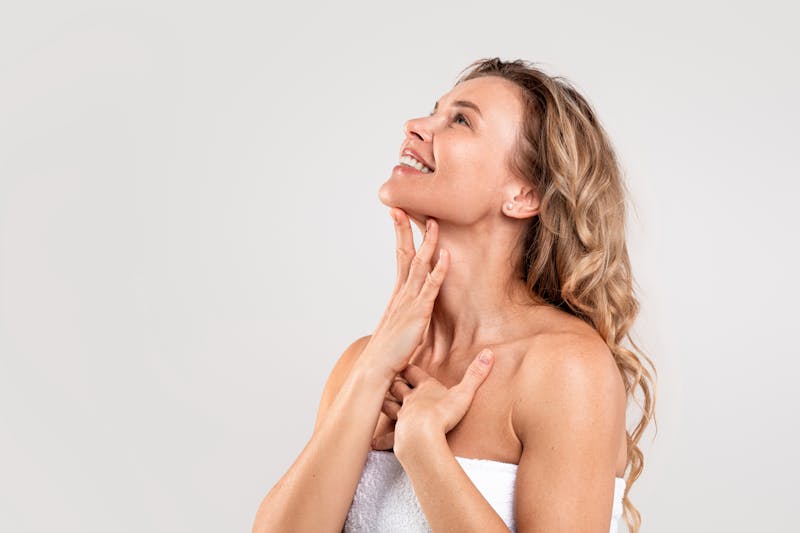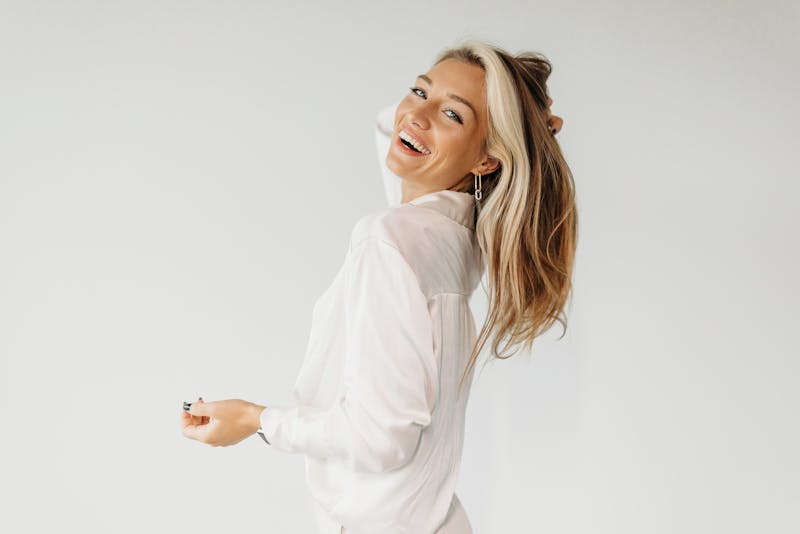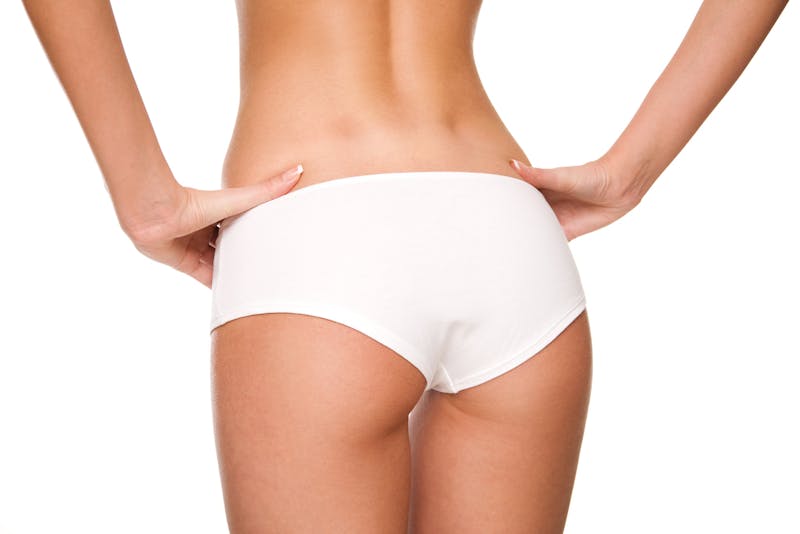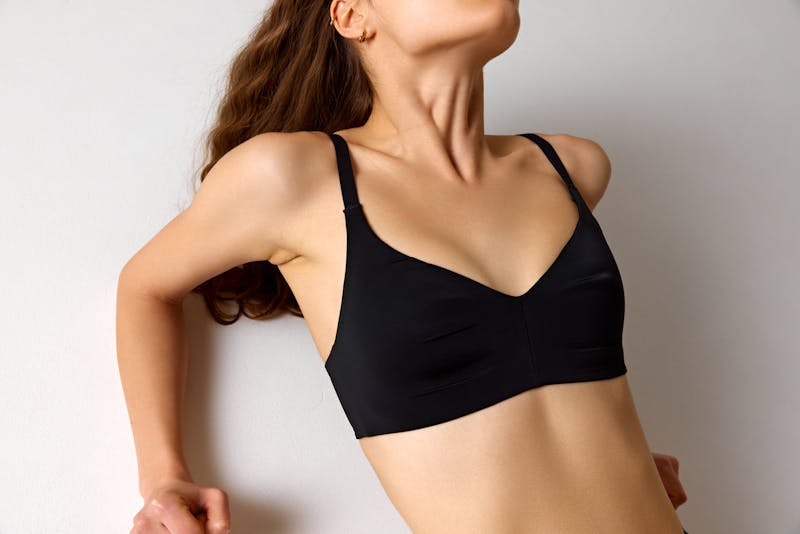01
Jun

Is a Necklift Right for You?
At Shafer Clinic Fifth Avenue, led by the renowned Dr. David Shafer, MD, FACS, patients from across the globe trust us to deliver personalized, premium cosmetic solutions. Our state-of-the-art NYC clinic offers a full suite of surgical and non-surgical treatments designed to reju...
View More01
Jun

Lower Facelift With Facial Fat Grafting
When it comes to refreshing your appearance without undergoing a full facelift, a lower facelift with facial fat grafting offers an advanced, minimally invasive option. At Shafer Clinic Fifth Avenue, led by double board-certified and award-winning plastic surgeon Dr. David Shafer...
View More10
May

Elevate Without Surgery: Exploring Non-Surgical Butt Lift Options at Shafer Clinic
At Shafer Clinic Fifth Avenue, led by Dr. David Shafer, MD, FACS, excellence in aesthetics meets innovation in non-invasive procedures. For those seeking subtle yet noticeable enhancement to the buttocks without committing to surgery, non-surgical butt lift treatments offer a pow...
View More10
May

The Subtle Shift: Why More Women Are Choosing Smaller Breast Implants
At Shafer Clinic Fifth Avenue, led by renowned double board-certified plastic surgeon Dr. David Shafer, MD, FACS, aesthetic surgery is as much about refinement as it is transformation. Increasingly, women in New York City and around the world are rethinking what enhancement means...
View More16
Apr

Miami Thong Butt Lift: Sculpting a Sleek, Confident Silhouette
At Shafer Clinic Fifth Avenue, Dr. David Shafer, MD, FACS, brings an elite level of artistry and precision to every aesthetic procedure. Among the latest trends reshaping body contouring is the Miami Thong Butt Lift — a specialized technique focused on enhancing the lower b...
View More16
Apr

Ozempic Makeover: Reclaiming Confidence Through Aesthetic Precision
At Shafer Clinic Fifth Avenue, we understand that weight loss is a deeply personal journey—and for many, medications like Ozempic (semaglutide) have been life-changing tools for achieving transformative results. However, rapid or significant weight loss can also leave behin...
View More15
Apr

How Old Is Too Old for Breast Implants?
At Shafer Clinic Fifth Avenue, one of the most frequently asked questions we receive from mature patients considering cosmetic surgery is: "Am I too old for breast implants? "The short answer? Absolutely not. Age alone is never the deciding factor. Instead, we focus on your overa...
View More14
Apr

Revolutionizing Confidence: The Exclusive S.W.A.G. Enhancement at Shafer Clinic
When it comes to advancing the science of aesthetic medicine, Shafer Clinic Fifth Avenue continues to lead with innovation, safety, and patient satisfaction. One of the most transformative procedures offered by Dr. David Shafer, MD, FACS—a double board-certified plastic sur...
View More14
Apr

Reclaim Confidence and Vitality: The Menopause Makeover at Shafer Clinic
Menopause marks a significant and natural transition in a woman's life—but for many, the changes it brings can feel frustrating, unpredictable, and deeply personal. From weight gain and skin laxity to a decrease in energy, muscle tone, or libido, the physical and emot...
View More28
Feb

What Ages Your Face the Fastest?
Aging is a natural process, but certain factors can speed up the clock on your skin. At Shafer Clinic, our team of award-winning experts, led by Dr. David Shafer, MD, FACS, and Dr. Dendy Engelman, MD, has decades of experience identifying the causes of premature facial aging and...
View More

